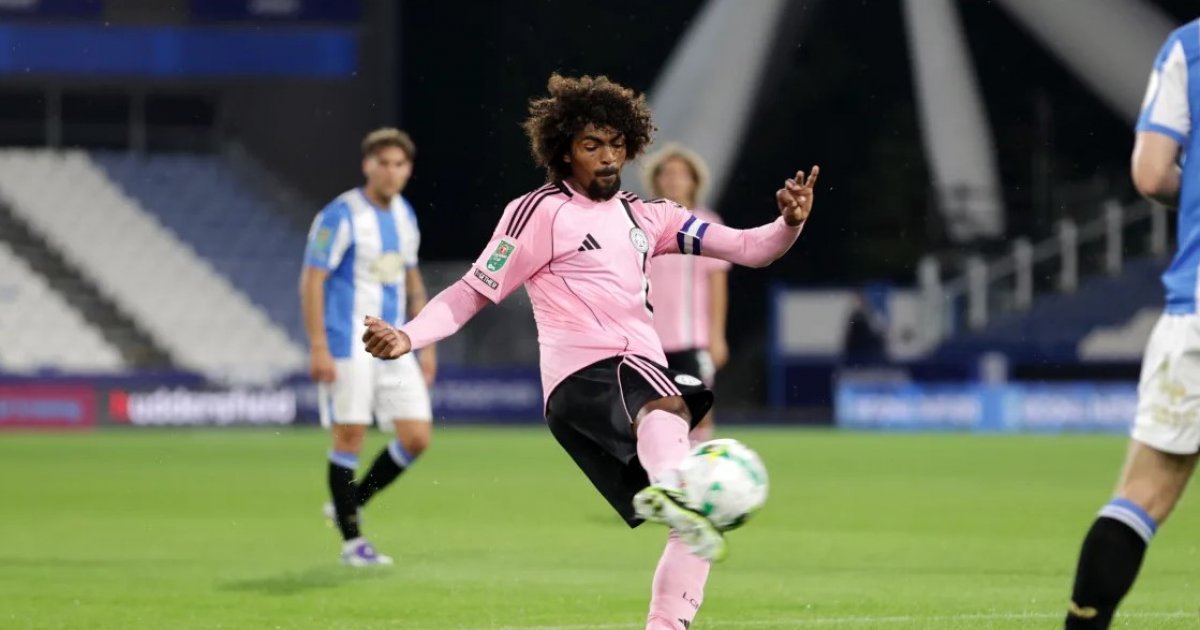The friendly match against Nepal is over. For good reason, the game will be etched in the minds of football lovers for a long time.
It would not be an exaggeration to state that in the future, all football related promotional campaigns will, at one point or the other, allude to the sublime bicycle kick goal by Leicester City player and Bangladeshi national team talisman, Hamza Choudhury.
The game ended in a draw, with Nepal scoring a dying minute equalizer through a sensational back volley flick from a corner.
Hope for a much-waited win against the Gurkhalis ended in a draw but let’s for a second think what could have been if we did not have Hamza in the team.
The ball sent on air by Jamal and then bicycled acrobatically into the corner net by Hamza remains, arguably in the last 40 years, the only bicycle kick goal by Bangladesh in a FIFA recognized international match on home soil.
A few days after the game, the talk across town was that goal and then the penalty taken by Hamza which gave Bangladesh a 2-1 lead in a matter of two minutes.
The match, Hamza’s performance, and the goal have triggered wide ranging debate about the impact of the Leicester City player and what Bangladesh can achieve if he, along with other foreign based players like Shamit Shome, Cuba Mitchell, and Fahamedul become regulars for the national side along with the proven pair of Jamal Bhuiyan and Tariq Kazi.
The goal no one else scored before
Immediately after the Nepal match, former players and football analysts began giving their opinion about the bicycle goal with most calling it sensational. And it was just that because when the ball was sent by Jamal, Hamza was already in an awkward position and using the head was out of the question.
If there were other players, the attempt would have been to receive the ball, negotiate the defender and then try to take a shot at goal, by which time, the chances of a goal would have diminished considerably.
Reportedly, several former players from the golden age of football in Bangladesh and those who scored against Indonesia, India, and Thailand in the 1985 World Cup Qualifiers, rated the Hamza goal as one of the best.
However, a comment that in the past such goals were scored by the national side, does not appear to be correct. As an avid football follower of both club and national sides of Bangladesh since the early 80s, I have not come across such a goal.
In 1985, Aslam scored a brilliant volley goal leaving the Indian keeper Atanu Bhattacharya motionless while Chunnu also scored in the dying minute against Indonesia from a free kick to seal a famous victory for Bangladesh.
Monu, playing for Bangladesh white, copied Aslam as he scored against a Chinese provincial team at the President Gold Cup tournament in 1987 and, in 2019, Mamunul scored a brilliant off a header during the AFC Club Cup meet when Abahani of Bangladesh beat Chennaiyin FC of India to move to the final round of the AFC Club Cup.
Reportedly, a visibly stunned and somewhat irked coach of the Indian outfit later said in a press conference that Mamunul would never be able to score that goal again. There have been other top-notch goals scored but certainly not from a bicycle kick.
As we let the euphoria from the goal die down, the focus needs to be on the lesson: A ball which no one expects to turn into a goal can become one if given the right treatment.
“Hamza has shown his class with the goal which could have missed the post, but the lesson for our players is that, an effort has to be made, irrespective of the position of the ball,” says Mamun, a former player now a coach at a youth academy.
“But I would like to take your attention from the goal and to Hamza’s relentless chasing of the ball,” observes Shamsu, a former hockey player for Victoria Sporting.
“At one point, Hamza chased the ball from half-way, ran towards the Nepalese goal keeper, who, under pressure, scrambled to clear the ball for a throw.”
Playing for the Bangladesh national side, Hamza has already scored four times. However, looking at the goals we see a common element — brilliance.
A former football official said after the Nepal match that Hamza, who is actually a defensive midfielder, may be morphing into a striker while playing for Bangladesh.
“I can foresee Hamza leading the team and then becoming the national side coach after 12 to 15 years,” said Mazhar Mithun, a sports journalist.
The crucial game against India
For Bangladesh, the match on November 18 against India will be bigger than any other international matches played in recent times.
As India is deemed the king of the region, a win against the Blue Tigers will be a boost for the national side, giving full meaning to the inclusion of all the foreign based players.
In the end, the whole team has to perform because India will not want to go back with bowed heads.
They scored half a dozen in a friendly against Bhutan which shows their sharp striking ability.
The main lesson all players need to learn from Hamza is to never give up and adopt the “fight till the end” strategy.
Sadly, Bangladesh has made it a habit of conceding in the dying minutes, which has robbed us of deserved wins.
Lest we forget, in the match against Nepal, when Hamza was pulled off due to slight knee trouble, the tempo of the match changed.
Nepal became aggressive and, finally, got the reward.
As we celebrate all the foreign-based players, it has to be kept in mind that local ones should also give their best and not give up until the whistle blows.
As for Hamza, there’s only one word: Messiah!
Towheed Feroze is a former journalist.



